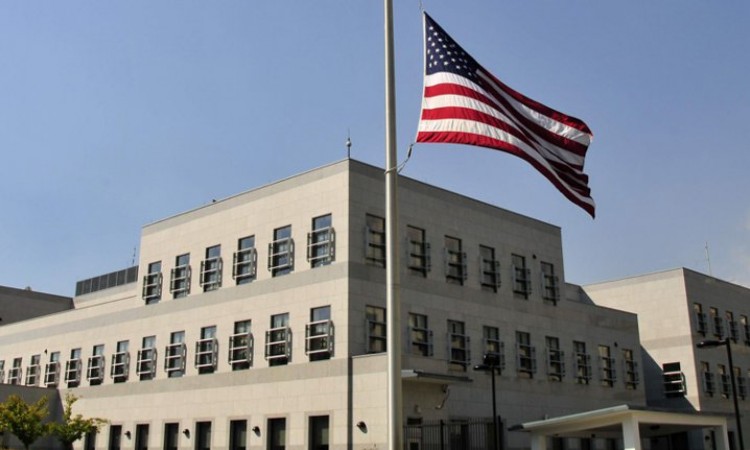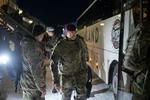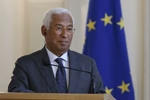US Embassy and OHR condemn the formation of commission for Srebrenica

Both the US Embassy to Bosnia and Herzegovina and the Office of the High Representative (OHR), which oversees the peace implementation in the country, condemned the formation of commissions for the suffering in Sarajevo and Srebrenica saying that this would not help the recognition of truth and reconciliation among peoples.
Oglas
"The International Court of Justice and the International Criminal Tribunal for the former Yugoslavia (ICTY) have both concluded that what happened in Srebrenica, in July 1995, was genocide. Everyone should respect court decisions and bravely face and accept the truth, regardless of how painful it was," the US embassy said. "We support the Peace Implementation Council’s 2018 decision condemning the Republika Srpska National Assembly’s (RSNA) decision to reject the 2004 Commission for Srebrenica’s report which confirmed that between 7,000 and 8,000 people disappeared from the Srebrenica region."
Authorities in Bosnia’s Serb-dominated entity of Republika Srpska have formed the Srebrenica and Sarajevo commissions that would deal with the suffering of Serbs in Sarajevo and all peoples in the eastern town of Srebrenica during the 1992-95 Bosnian war.
The OHR recalled that the international community’s body in charge of monitoring the OHR’s work and interpretation of the Dayton Peace Agreement which ended the war in Bosnia, the Peace Implementation Council Steering Board (PIC SB) condemner the RSNA’s rejection of the 2004 report and their decision to form new commissions for Srebrenica and Sarajevo.
Oglas
"The PIC SB reiterated that both international and local courts characterised the events from July 1995 as genocide," the OHR told N1.
In April 1993 the UN had declared the besieged enclave of the eastern Bosnian town of Srebrenica a safe zone under the UN protection. However, in July 1995 the Dutch battalion failed to prevent the town's capture by the Bosnian Serb forces and the massacre that followed.
More than 8,000 Bosniak men and boys were killed in the genocide committed in the days after 11 July 1995, and so far the remains of more than 6,600 have been found and buried.
Kakvo je tvoje mišljenje o ovome?
Učestvuj u diskusiji ili pročitaj komentare
Oglas
Kakvo je tvoje mišljenje o ovome?
Učestvuj u diskusiji ili pročitaj komentare
Oglas





 Srbija
Srbija
 Hrvatska
Hrvatska
 Slovenija
Slovenija



























































